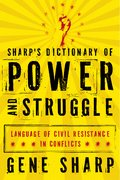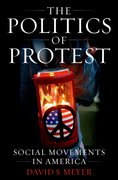Factoids & impressions from breast cancer awareness ads
By Gayle Sulik
One might assume that anything involving breast cancer awareness would be based on the best available evidence. Unfortunately, this assumption would be wrong. I’ve evaluated hundreds of campaigns, advertisements, websites, educational brochures, and other sundry materials related to breast cancer awareness only to find information that is inaccurate, incomplete, irrelevant, or out of context. We could spend the whole year analyzing them. For now, consider a print advertisement for mammograms by CENTRA Mammography Services.












